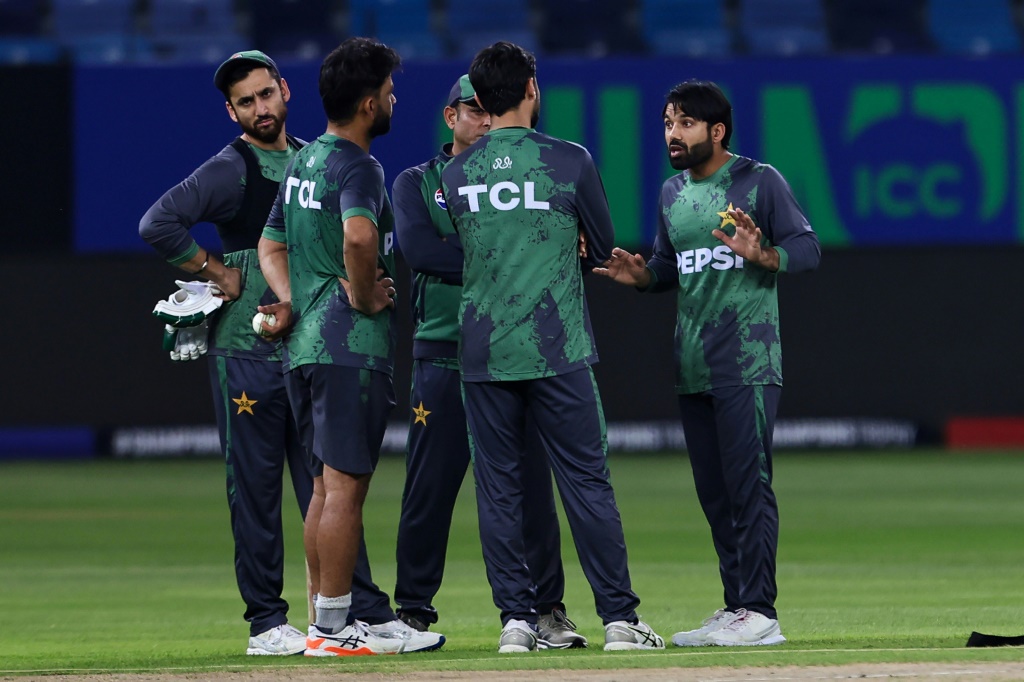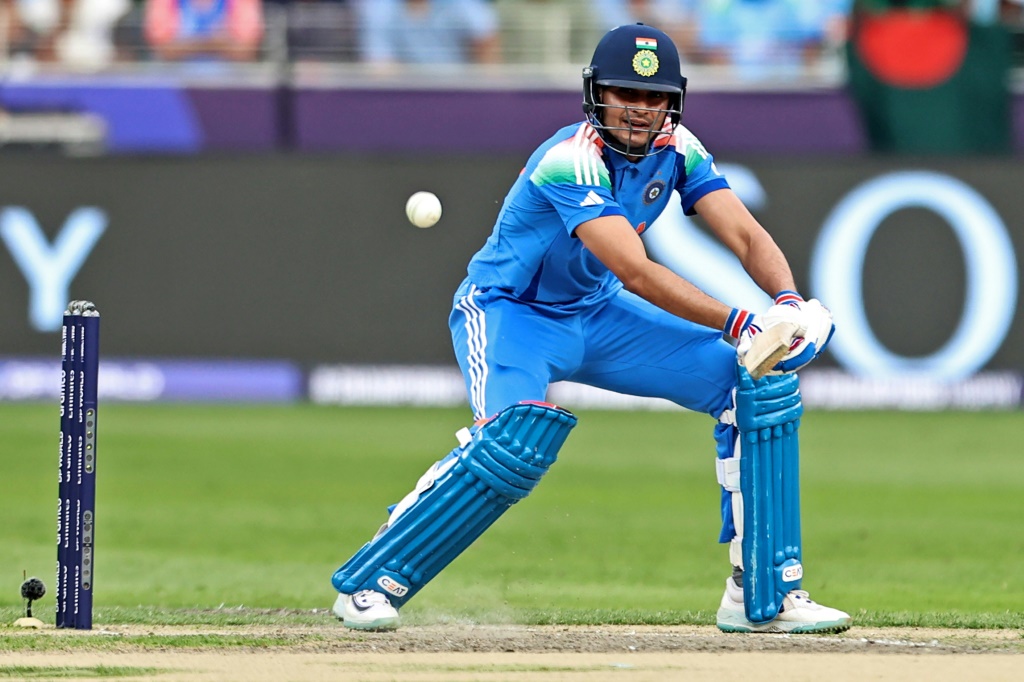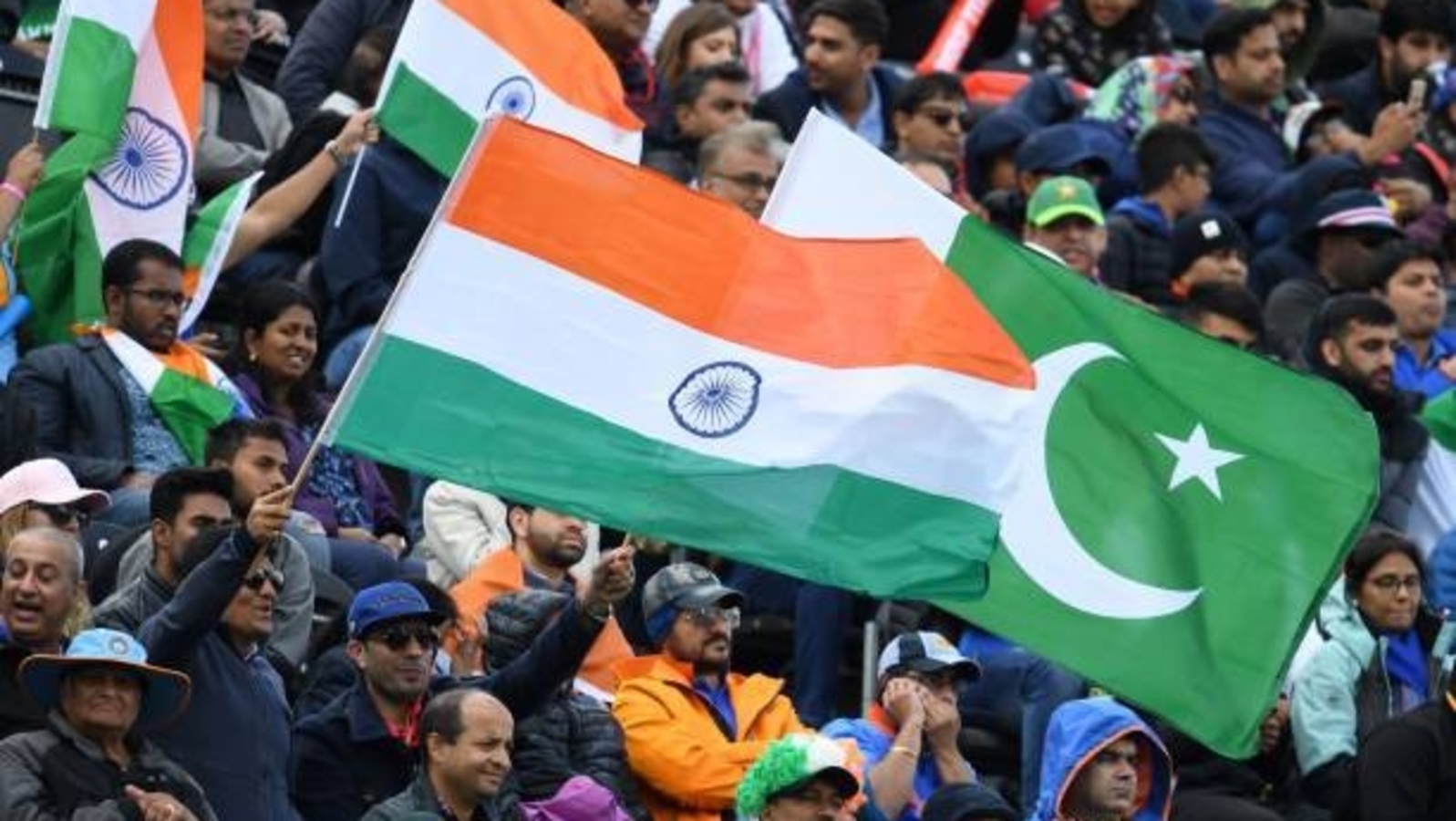The story of a freedom fighter cricketer


16th December, 1971. A day when victory breathed the words of relief into a nation’s ear that has a history of oppression of 214 years. A day when Bangladesh became free and sovereign.
As the great Siraj ud-Daulah was betrayed by his own men, a British company named East India Company took the authority of ruling the delta of Bengal. 190 years later, they handed our fate to a nation that achieved their independence based on a religious ideology.
Since the inception of Pakistan the people living in the eastern part, the then East Pakistan, turned victims of immense tyranny. A government formed by people from the then West Pakistan was rather ignorant when it came to serving the rights of the people of the eastern counterpart.
In 1971, the whole nation was moved by the well planned killing of civilians as well as intellectuals carried out by the Pakistan soldiers to restrain the nationalist movement in erstwhile East Pakistan on 25th March. As situations grew worse, the father of the nation, Sheikh Mujibur Rahman, declared independence on 26th March, just before his arrest. Hence, a war broke out in the country in order to gain absolute freedom from the foreigners.

Shaheed(martyr) Mushtaque Ahmed was a dedicated personnel of the Azad Boys Club before the Liberation War. He was a devoted organizing member of this club and made the club tent his permanent neighborhood to provide care and help to its players. Being shot down during ‘Operation Searchlight’ on 25th March, Mushtaq breathed his last in the club tent.
Shaheed Abdul Halim Chowdhury Jewel, a 21-year-old young opening batsman and also a witness and survivor of the aforementioned operation, could have fled to India and stayed there raising international awareness for the independence of his motherland. Instead, he chose to fire with the sten-gun in the battlefield.
The opener of Azad Boys Club, who later moved to Mohammedan SC in 1969, was known for his attacking batting style and wicket-keeping ability. Although he had been to India in 1971, he came back to his homeland, completing his training of guerilla warfare and with eyes dreaming of playing for Bangladesh. Alongside other folk-heroes like Bodi, Azad, and Rumi the cricketer decided to fight against one of the finest armies in the world at that time.
But alas! Fate had planned something else for the lad! While exposing the weaknesses of the opposition with their hit-and-run strategies regularly, some members of the ‘Crack Platoon’—a platoon full of young men to execute guerilla tactics—got caught by the military on 29th August. Being captured, Abdul had repeatedly refused to become an approver, which could be his gateway to Karachi and also a hope of continuing first-class cricket again.
Jewel’s rejection resulted in the breakage of his fingers that ensured his inability to grip the bat ever again. It is thought that he and some of his fellow warriors were killed on 31st August.
To honor the sacrifice of the cricketing personalities, the Bangladesh Cricket Board operates a traditional Victory Day cricket tie every year on 16th December between two teams named Shaheed Jewel XI and Shaheed Mushtaque XI. The first Victory Day match was played in 1972 and the heritage has been carried on ever since.




